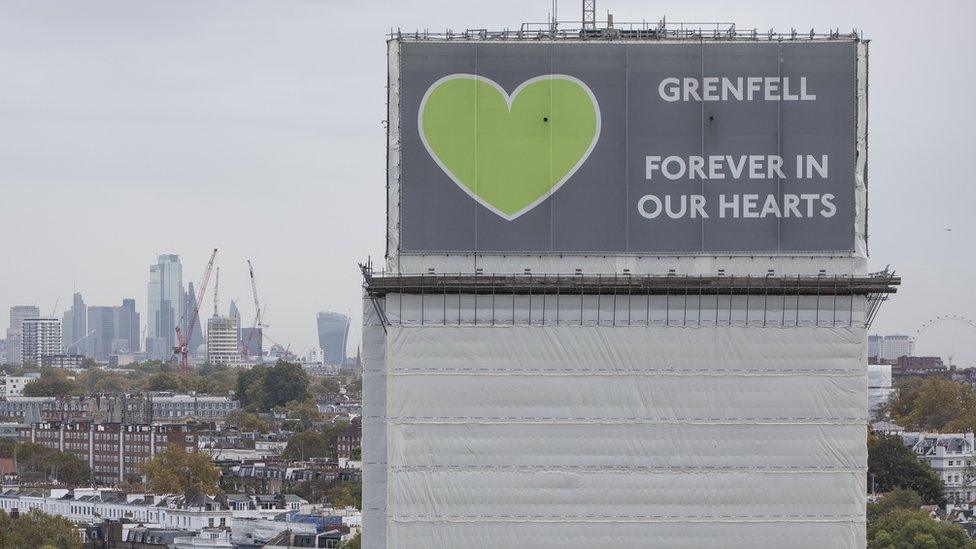Grenfell Tower inquiry: Fire engineer unaware cladding would pose 'issues'
- Published
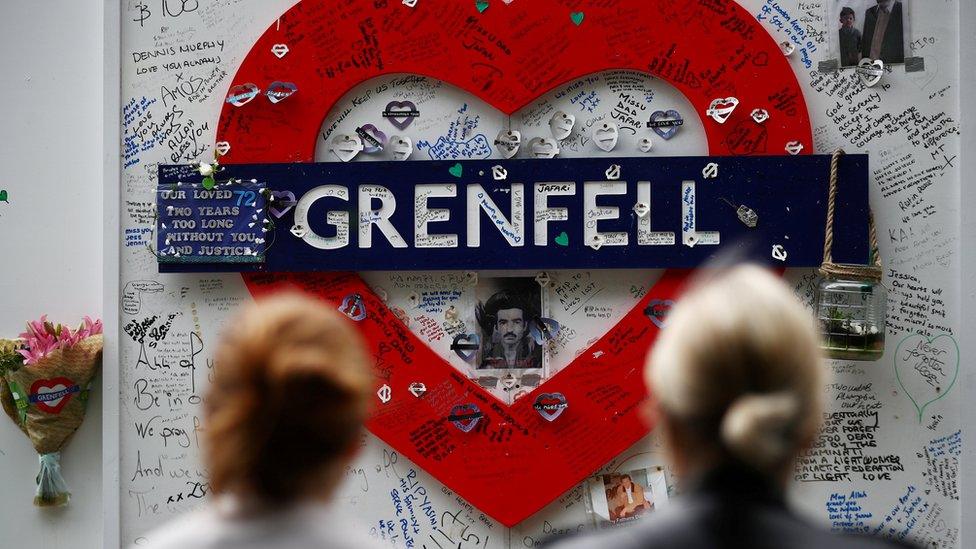
A senior fire engineer did not think putting cladding on Grenfell Tower would pose any "issues" for safety, the inquiry into the disaster has heard.
The hearing was also told Clare Barker was under "huge time pressure" when a safety strategy was produced in 2012.
Sitting for the first time since March, the inquiry is looking at how cladding came to cover the west London building.
The inquiry has concluded that cladding fuelled the fire in June 2017 that killed 72 people.
Warrington-based Dr Barker said she was involved with the refurbishment project only between July and August 2012, and that she then passed on the project to her London-based colleague, Terry Ashton, who was off ill during her involvement.
Dr Barker, the former principal fire engineer at materials testing company Exova, told the inquiry she did not raise the need for any proposed cladding system to have a separate fire safety assessment during a meeting in July 2012.
The inquiry's chief lawyer, Richard Millett QC, asked Dr Barker: "Given that you knew Grenfell Tower would be overclad, although not the details, did you raise the need to carry out a fire assessment specifically in relation to the proposed cladding system as the proposal then stood?"
She replied: "No."
Mr Millett also asked: "At the time, did you consider that cladding this building would present any particular issues or problems with regard to fire safety?"
She replied: "No, I didn't."
An early fee proposal by Exova for a fire assessment of Grenfell Tower in 2012 also assumed a "detailed appraisal" of the building's fire compartmentation was unnecessary because it was a "concrete building", she told the hearing.
Exova has previously said criticism of it is "unjustified" because it was not consulted about the flammable materials that eventually coated the building in North Kensington.
The firm's counsel, Michael Douglas QC, has told the inquiry the company had been "left out" of planning discussions and had been effectively sidelined after Rydon became the main contractor in 2014.
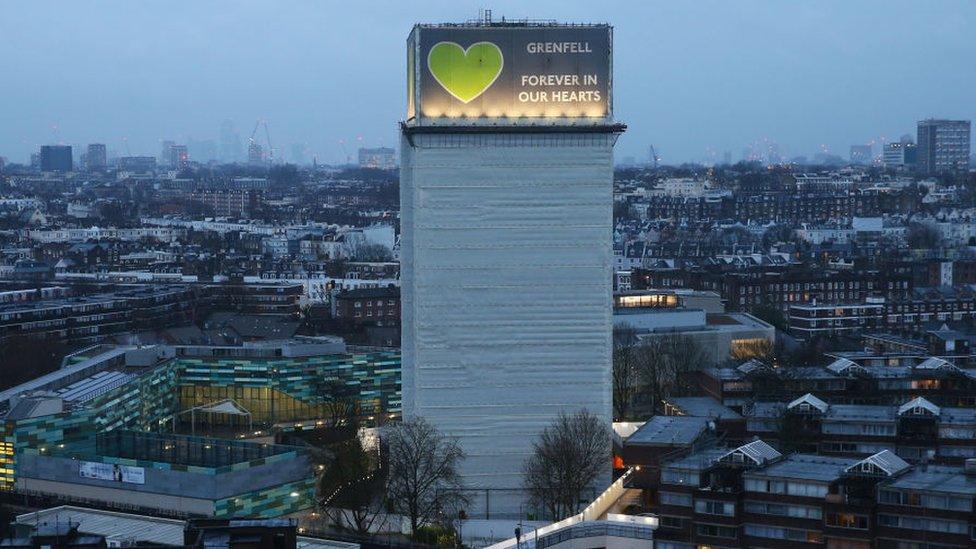
Dr Barker's evidence came as a group representing victims, survivors and the bereaved called for the inquiry, external to "investigate the extent of institutional racism as a factor" in the tragedy.
The Grenfell Next Of Kin group also called for "inclusive and full participation" in plans for the memorial site and a "proper and independent recovery and support plan" for those directly affected by the disaster.
After considering the night of the fire during the initial stage of the inquiry, the second phase is looking at the refurbishment of the building.
The hearings were resuming after being halted in March over coronavirus restrictions.
But survivors and those bereaved by the blaze have criticised the inquiry for holding limited attendance hearings to comply with social distancing, with only witnesses, some lawyers, and panel members allowed in the inquiry building.
Nabil Choucair, who lost six relatives in the tragedy, said: "We should be allowed to see their faces.
"We are the families that have had our families taken from us."
- Published13 June 2020
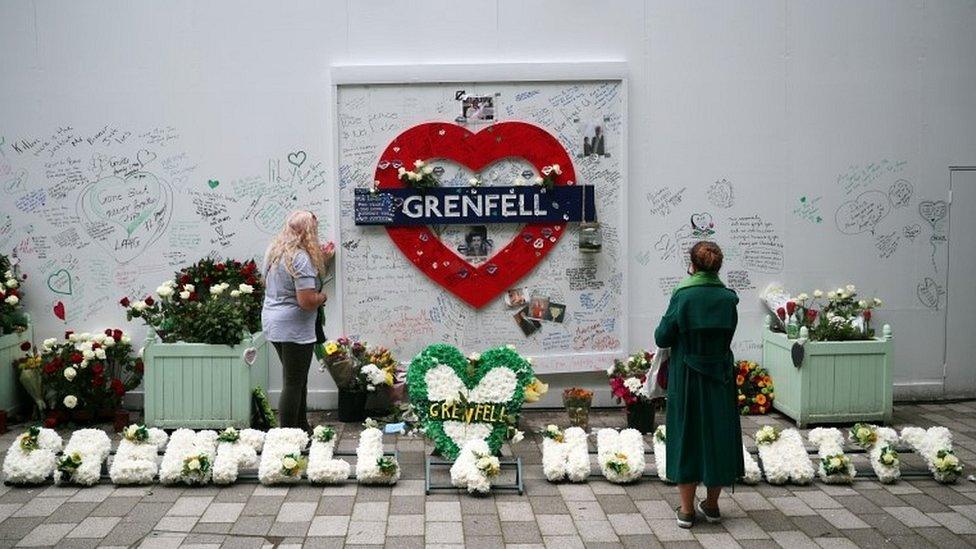
- Published19 May 2020
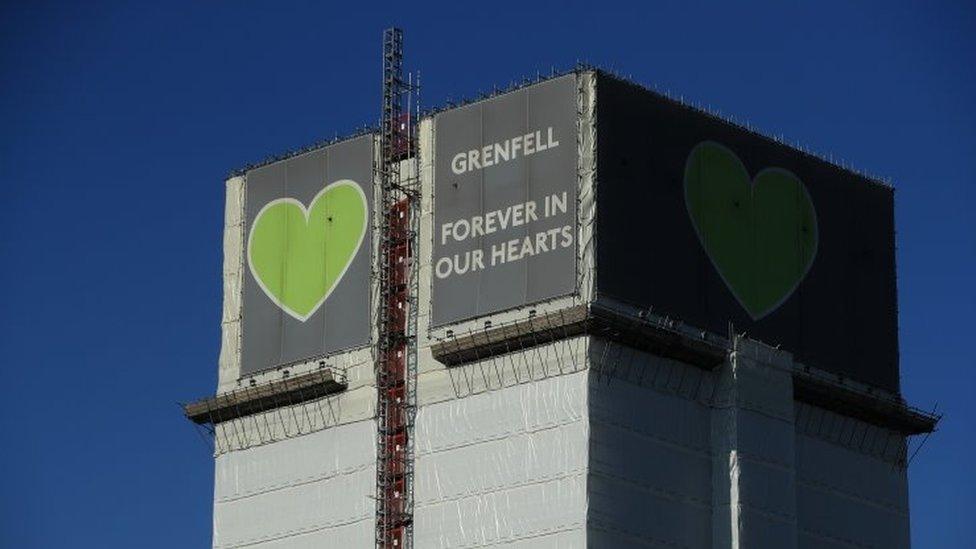
- Published11 March 2020

- Published3 March 2020

- Published2 March 2020
